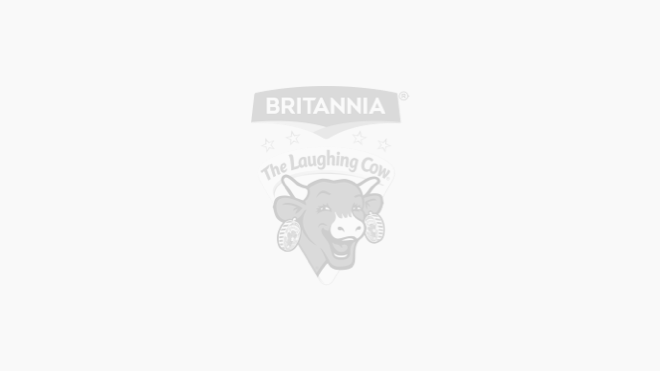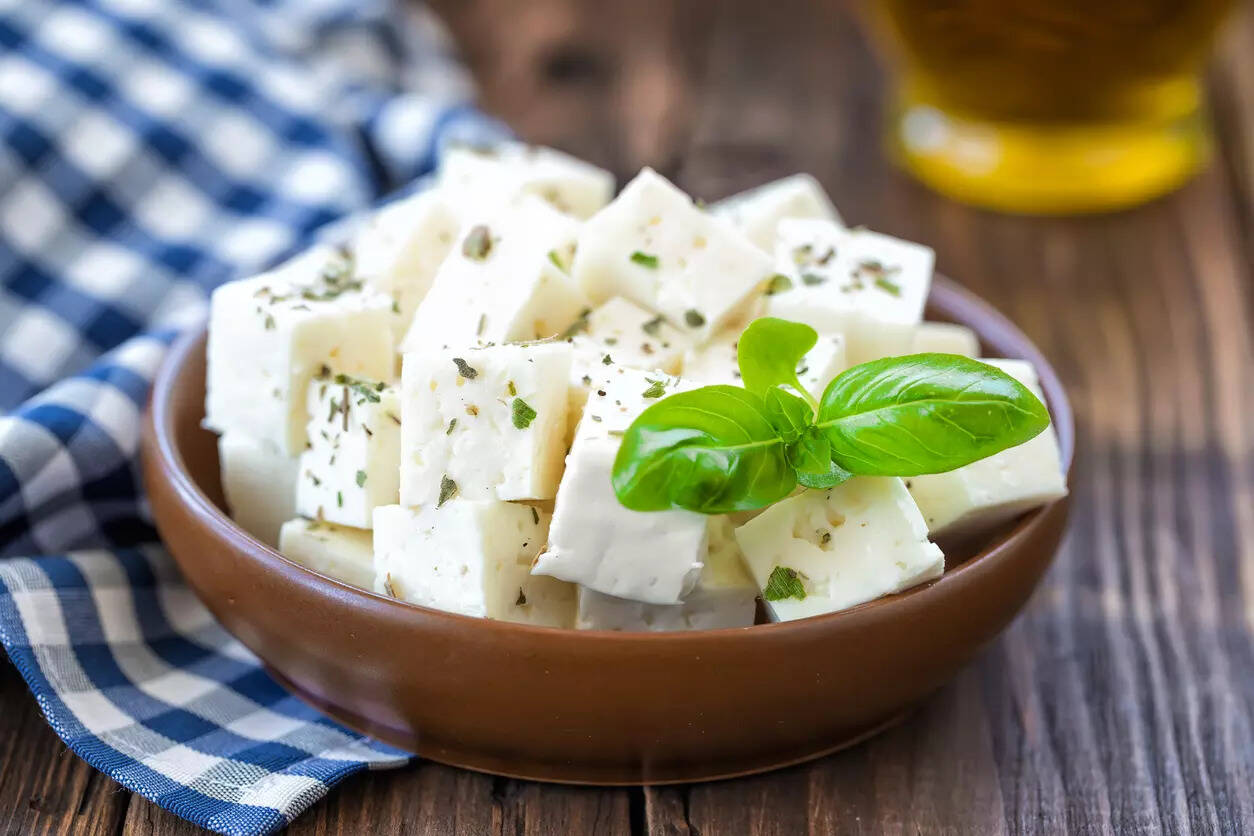Indulge in a world of cheesy delicacies!

Does Cheese Make You Fat? Ways To Eat Cheese On A Diet
Cheese is often seen as a villain in the world of healthy eating, and many avoid it out of fear they’ll gain weight. But there are ways to introduce healthy amounts and ensure even on a diet, you can enjoy the magic of cheese.
Updated Aug 23, 2024, 10:14 PM IST

Cheese
Cheese is a staple in many diets around the world, renowned for its flavour, texture, and creamy goodness. But one thing that often makes people pause when considering how much cheese they eat is whether or not it will make them gain weight. And while the question is a complex one, since weight gain relies on a multitude of factors both personal and environmental that go beyond what’s on your plate, understanding the nature of cheese and how its processed by the body can help understand the types of effects it can have.
Nutritional Composition Of Cheese
On its own cheese is a good source of essential nutrients, including calcium, protein, and vitamins like vitamin A and B12. But what causes some people concern is the fact that it’s also rich in saturated fats and calories, both of which are often talked about in conjunction with weight gain. Consuming cheese in large quantities without considering these factors could contribute to excessive calorie intake, leading to weight gain over time.

Cheese
Saturated Fats Debate
Understanding the link between saturated fats and weight gain can help clear up the doubts about how cheese affects weight. Saturated fats are known to increase LDL (bad) cholesterol levels, which can lead to heart disease. However, some recent studies suggest that not all saturated fats have the same impact on health. In 2010, The European Food Safety Authority acknowledged that saturated fat intake should be monitored, but it also highlighted that moderate consumption of high-quality fats, like those found in cheese, can be part of a balanced diet.
So it seems that when we’re talking about something as complex as weight gain, it's essential to recognise that it's not just about the fat content of the food we’re eating. Overall calories play a crucial role of course, but then overeating any food, regardless of its fat content, will lead to weight gain if it causes a calorie surplus.
Plus For Protein
On the plus side for people who like to exercise, cheese is known for its high protein content. Protein is known to enhance satiety, meaning it can help you feel full for longer, potentially reducing overall calorie intake. A study published in the Journal of Nutrition found that protein-rich foods like cheese can support weight management by increasing feelings of fullness and promoting lean muscle mass.
How The Type Of Cheese Changes Things
Not all cheese is built equal, and the type of cheese you consume also factors into how it affects your weight. Fresh cheeses like cottage cheese and ricotta are lower in calories and fat compared to aged cheeses like cheddar and Parmesan. So opting for lower-fat varieties or smaller portions of richer cheeses can help manage calorie intake.
How To Include Cheese In A Healthy Diet
When it comes to eating cheese, the best way to go about doing it right is to tailor consumption to your personal diet and health. Balancing cheese with a diet rich in fruits, vegetables, whole grains, and lean proteins can mitigate the risk of weight gain. Additionally, regular physical activity is vital for maintaining a healthy weight, regardless of cheese consumption.
The key is to be mindful of portion sizes, opt for lower-fat varieties when possible, and balance your overall calorie intake with physical activity. As with any food, excess consumption without consideration of your total dietary needs can lead to weight gain. Therefore, enjoy cheese as part of a healthy lifestyle, and it’s unlikely to have a negative impact on your weight.
Does Cheese Make You Fat
Cheese
Ways To Eat Cheese On A Diet
cheese nutrition
is cheese healthy